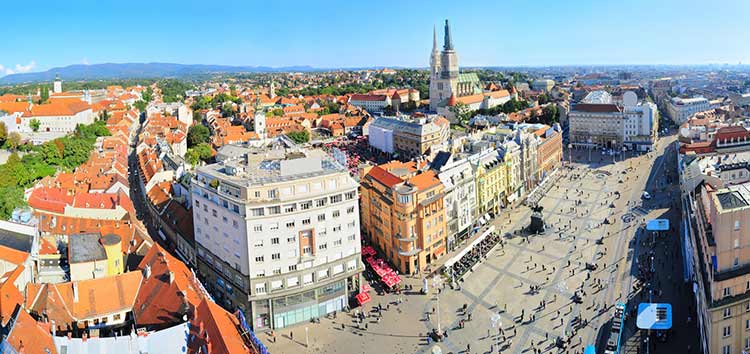The company addressed WebSEFF for financing of this project. The WebSEFF team performed the investment analysis, assessed the potential for energy savings, its financial-technical parameters and risks.
The €317,648 investment allowed the company to decrease its energy costs by €105,442 per year. This means the investment will repay itself out of energy savings in just three years, turning the future cash-flows into an income for the company. The savings arise from elimination of the fuel consumption from the production process. This renewable energy based technology also reduces the CO2 emissions by 334 tonnes per year, making a valuable contribution to the mitigation of the negative effects of human activity on the climate.
This project demonstrates the practicality of an ESCO-based approach, when an ESCO company with deep and advanced technical expertise can suggest the most profitable technologies to a client and, additionally, take all the implementation and maintenance responsibilities to guarantee achievement of the best results and highest energy savings.
This way, the EBRD and WebSEFF support the sustainable financing and implementation of renewable energy and energy efficiency projects by the private sector. Together, the private, residential and public sectors can make a change in energy consumption patterns and contribute to environmental protection.













